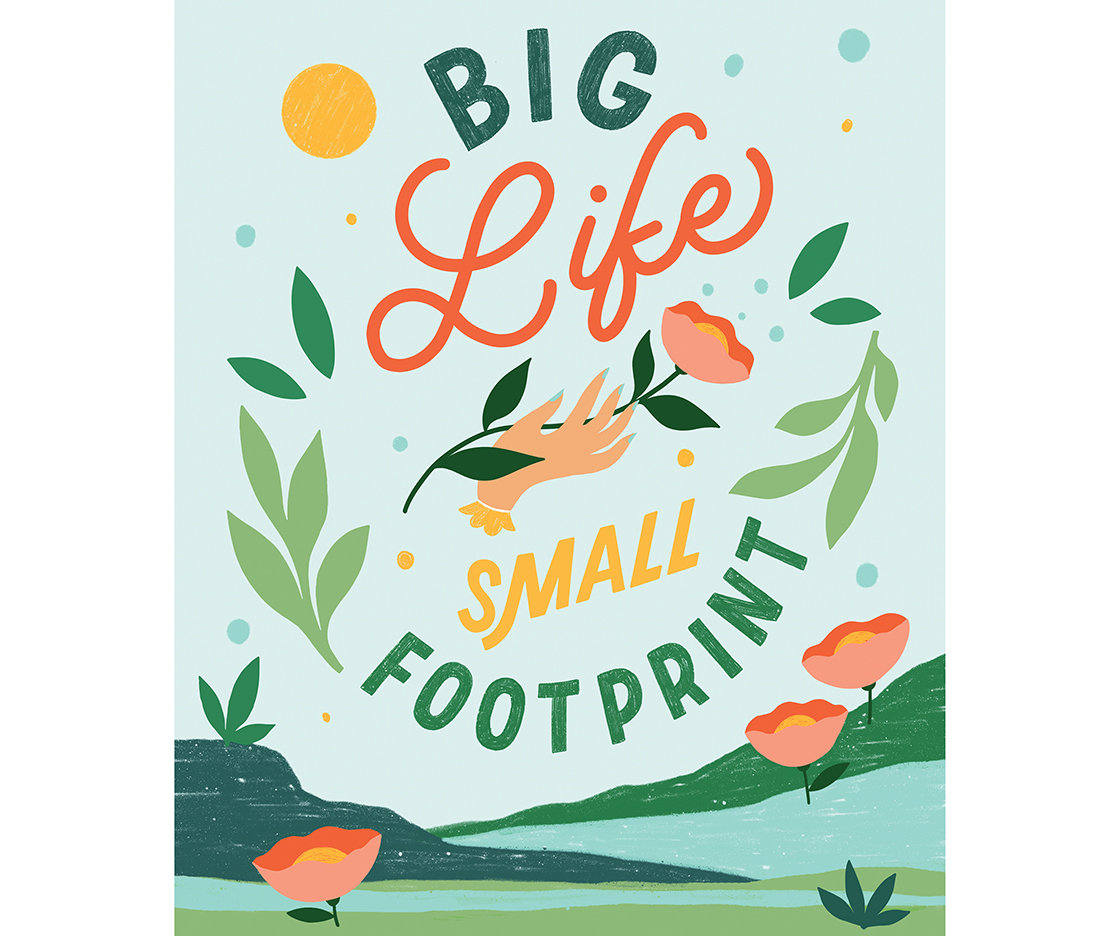
According to a recent report by the University of Oxford’s online open data repository Our World in Data, food production is responsible for 26% of the world’s greenhouse gas (GHG) emissions and “what you eat is far more important than where your food traveled from.” Their report was based on the most extensive study of global food systems to date, published in 2018 in Science by Joseph Poore and Thomas Nemecek. What the study showed is that food transport was responsible for only 6% of global food systems’ emissions, while dairy, meat and egg production accounted for a whopping 83%. A kilogram of dairy cheese emits 21 kg of greenhouse gases, while tree nuts like cashews (which vegan cheese is often made from) emit just .3 kilogram CO2 per kg of product. Peas — the base of the popular Beyond Meat vegan patties— emit just .9 kilograms per kg, while beef creates a staggering 60 kilograms in emissions per pound of flesh. Even produce shipped at great distances (like avocados and almonds) still has much lower emissions than locally-produced animal products.
There is no argument that eating plants is far more efficient, not to mention more benevolent. Even still, it’s important to be aware of the bigger picture — chocolate, coffee, palm oil and olive oil all have a high carbon footprint. As vegan climate scientist Shaina Rogstad points out, “vegans should not feel like going vegan is the only action step they need to be taking.” Another major action step? Reducing, or altogether eliminating, your waste.
“Veganism and climate justice are not separate issues,” says Sharon Daraphonhdeth, director of the Student Environmental Resource Center (SERC) at UC Berkeley, and a long-time vegan. She recalls attending vegan conferences where food was served on disposable plates, and all trash went into a single stream waste bin. Halting the immense damage of rampant consumerism requires getting to the heart of the matter. “Consumerism sends a message that you need to buy more because you’re not enough, and you don’t have enough, [which] leads to anxiety and lack of self-love,” Daraphonhdeth says. “It is a large systemic and cultural issue [that] we need to uproot.”
“The majority of food that gets wasted is in our household,” London-based YouTuber Immy Lucas, known as Sustainably Vegan, points out to LAIKA. “Doing simple things, like storing your leftovers correctly, making sure you go through your cupboards and your fridge and eat everything that’s in there rather than going shopping and buying more and forgetting about the food [you already have] can have a huge impact.” Food that is thrown out in plastic bags ends up in landfills, with devastating outcomes. A 2018 study by the nonprofit PLOS One found that commonly-used plastics emit methane when exposed to sunlight. Polyethylene, the world’s most discarded plastic and the one that billions of plastic bags are made from, releases the most greenhouses gasses.
One of Lucas’ most popular initiatives with her audience is a two-week waste challenge during which participants are asked to chronicle any wasteful behaviors they engage in, like leaving on the lights or accumulating disposable packaging. “It helps you to understand what your habits are because it’s very hard to reduce your waste if you don’t actually know where you’re wasting the most,” she says. And Lucas practices what she preaches. She relies on her bike, eats the majority of her meals at home, or brings her own containers for leftovers whenever she eats out. She says she always refuses bags, napkins and takeout utensils—“little accessory things that just add up over time.” She buys unpackaged groceries, and only uses low waste beauty products or makes her own instead, like hair masks and deodorant.







